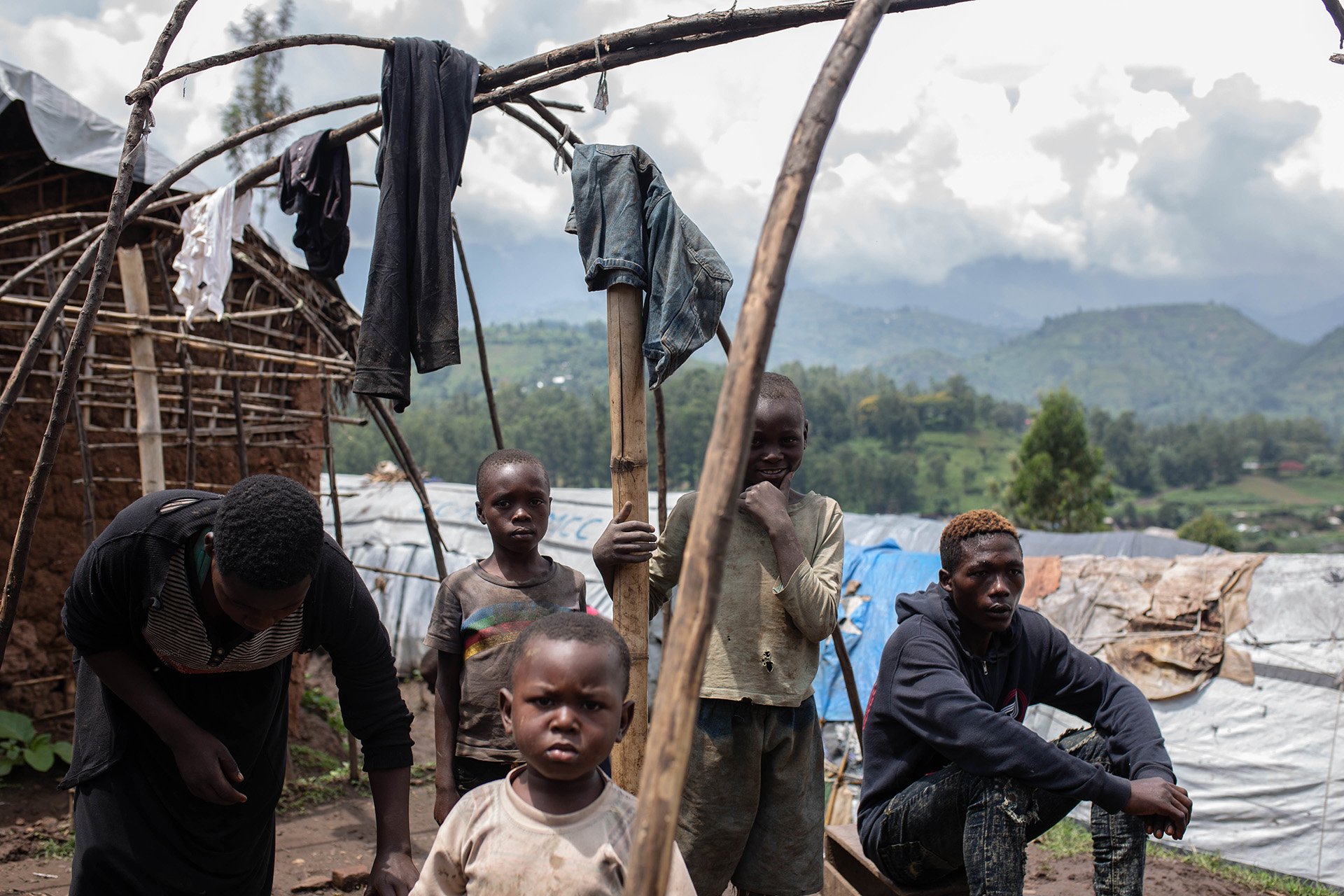Six years ago, I was sitting in an austere courtroom in London’s famous Old Bailey. It was a blustery March day, and I’d been the head of counter-fraud at Oxfam GB for less than two years. In the box, my predecessor was pleading guilty – to fraud.
Edward McKenzie-Green had been investigating misconduct in Haiti when he had seized the opportunity to steal around £64,000 in a fake invoice scam. As I listened, I remember thinking: “How many more cases like this will hit the headlines before we see change in the sector?”
As allegations of large-scale, organised fraud and corruption arise in the Democratic Republic of Congo, I suspect others are thinking the same.
Read more → EXCLUSIVE: Congo aid scam triggers sector-wide alarm
Oxfam acted appropriately in the McKenzie-Green matter, and the response of affected agencies in Congo seems similarly robust and laudable. With 220 interviewees, Mercy Corps’ investigation looks thorough, while the DFID-funded operational review pulls no punches. These are impressive, constructive steps.
But let’s not kid ourselves that these issues are about individual agencies, or even Congo. All aid organisations, worldwide, are working in very similar ways. Corruption can happen to any of them – and it often does.
“Time is running out for things to get better.”
Now, time is running out for things to get better. Governments are looking to balance their post-COVID-19 books and aid programmes may get the chop. Political currents have shifted in darker directions too. The global humanitarian system is too vulnerable to challenge. We no longer have the luxury of allowing it to be.
Time for better management and more resources
Our sector needs more than the incremental changes that follow discreet investigations: it needs a fundamental shift in how we deter, prevent, detect, and respond to integrity incidents.
Firstly, that means being more proactive and recognising the links between integrity and conduct risks. Fraud, terrorist diversion, and sexual harassment and abuse, for example, are often enabled by the same kinds of organisational vulnerabilities, especially around culture, transparency, and accountability. We can get better at preventing all of these with more integrated risk management systems.
And it also means changing the way we think about risk management. Too many of us think of it as about hazard avoidance, as a distraction from programming, and come at it with a nay-sayer attitude. Actually, it is as an enabling tool that helps us to seize humanitarian opportunities, rather than thwart them. After all, if an organisation is really good at managing risks, it should feel more comfortable in taking them.
Modern aid work is technical and complex and needs to be resourced accordingly. We recognise the dangers of running hospitals and airports on shoestring budgets – what prevents us from recognising these dangers for aid? Too many of us accept programme under-management in a volatile, complicated country context. Instead, we should proportionately invest in equipping managers and teams.
Managing fraud and corruption risk is a specialist endeavour, for example, while ensuring that local expertise is incorporated at all stages of the programme cycle requires investment in systems and practices.
There are also allied challenges to fraud prevention and detection. Current financial reporting practices that encourage a false distinction between ‘operations’ and ‘overheads’ are part of that story. But so are the systems we use to manage finances and operations. Do we make best use of technological anti-fraud capabilities, for example? With online connectivity now ubiquitous even in many challenging places, why do some organisations continue to use only closed, or even paper-based systems?
Yes, it all costs money. For some organisations, greater resilience to corruption will mean doing less, better. But in 2020 we now know more about dishonesty than at any other time in human history. The aid sector must access, embrace, and implement this knowledge and these capabilities.
Time to collaborate
While we readily speculate on why people commit fraud, we also need to consider how our cognitive errors, biases, and heuristics affect our management of the risk. Corruption is not simply perpetrated, but enabled, whether at an individual or corporate level. Progress in how we work together depends, in part, on our own self-awareness.
“Do we recognise that there are ways in which local civil society could arguably better manage these issues?”
Elements that hold back collaboration are readily apparent. NGOs might point fingers at donors, but do they do unto local partners as they would have done unto them? And while the sector tries to embrace localisation, concern about fraud risk holds it back; but do we recognise that there are ways in which local civil society could arguably better manage these issues?
In truth, our work is necessarily interdependent. Donors, implementing partners and local civil society are all part of the same value chains. Risk transfer can be an illusion when the reputational consequences of incidents are still carried by those earlier in the chain. We can only tackle fraud and corruption effectively if we share risk, information, and resources.
After that cold morning in 2014, McKenzie-Green received a custodial sentence and I never saw him again. I went on to write about my experiences in my first book, and its launch was accompanied by an article for the Guardian titled: “It’s time to talk about fraud in aid agencies”. Responses to it varied from resonance to consternation. Four years on, we’re beyond talking about corruption. To secure the future of international aid, it’s time to act.
May’s second book, Terrorist Diversion: A Guide to Prevention and Detection for NGOs (Routledge, 2020) is out in September.





